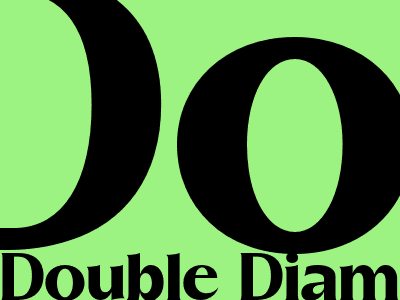
The Ultimate Guide to SEO for Bloggers Using Blogger.com
Introduction
In today's digital world, having an online presence is crucial for businesses and individuals alike. Creating a blog is an effective way to establish your presence, share your expertise, and engage with your audience.
If you're considering starting a blog, Blogger.com is an excellent platform to get started. It's free, user-friendly, and offers a range of features to help you create a professional-looking blog.
However, simply creating a blog is not enough. To make your blog successful, you need to optimize it for search engines. This is where SEO (Search Engine Optimization) comes in.
What is SEO?
SEO is the practice of optimizing your website or blog to improve its visibility and ranking in search engine results pages (SERPs). By following SEO best practices, you can increase the chances of your blog appearing higher in search results, which can lead to more traffic and engagement.
Why is SEO important for bloggers?
There are several reasons why SEO is important for bloggers:
- Increased visibility: SEO helps your blog appear higher in search results, making it more visible to potential readers.
- More traffic: The higher your ranking in search results, the more traffic you'll receive to your blog.
- Improved user experience: SEO best practices can also improve the user experience of your blog, making it easier for visitors to find the information they're looking for.
How to optimize your Blogger.com blog for SEO
Optimizing your Blogger.com blog for SEO involves several key steps:
1. Keyword research
Keyword research is the process of identifying the words and phrases that people are searching for when looking for information related to your blog's topic. Once you've identified relevant keywords, you can incorporate them into your blog's content, titles, and meta tags.
2. On-page optimization
On-page optimization refers to the optimization of individual blog posts and pages on your website. This includes:
- Title tags: Write clear and concise title tags that accurately describe the content of each page.
- Meta descriptions: Write compelling meta descriptions that provide a brief overview of the page's content.
- Headings: Use headings (H1, H2, H3, etc.) to structure your content and make it easy to read.
- Content: Create high-quality, informative content that addresses your target audience's needs and interests.
- Images: Use relevant images and optimize them with descriptive alt text.
3. Off-page optimization
Off-page optimization refers to factors outside of your website that can impact your SEO ranking. This includes:
- Backlinks: Building high-quality backlinks from other websites can improve your blog's authority and credibility.
- Social media: Promoting your blog on social media can help you reach a wider audience and generate backlinks.
- Local SEO: If your blog is focused on a local area, optimizing for local keywords and directories can help you improve your visibility in local search results.
4. Technical SEO
Technical SEO refers to the optimization of your website's technical aspects, such as:
- Website speed: Ensure that your blog loads quickly on both desktop and mobile devices.
- Mobile-friendliness: Your blog should be designed to provide a seamless experience on all devices, including smartphones and tablets.
- XML sitemap: Creating and submitting an XML sitemap can help search engines index your blog more efficiently.
5. Track and analyze your results
Once you've implemented SEO best practices, it's important to track your results and make adjustments as needed. Use tools like Google Analytics and Search Console to monitor your blog's traffic, rankings, and other key metrics. This data will help you identify areas for improvement and ensure that your SEO efforts are delivering the desired results.
Conclusion
By following the tips and strategies outlined in this guide, you can optimize your Blogger.com blog for SEO and improve your chances of success. Remember, SEO is an ongoing process, and it's essential to stay up-to-date with the latest best practices and algorithm updates.
With consistent effort and dedication, you can improve your blog's visibility, attract more traffic, and establish yourself as a thought leader in your niche.